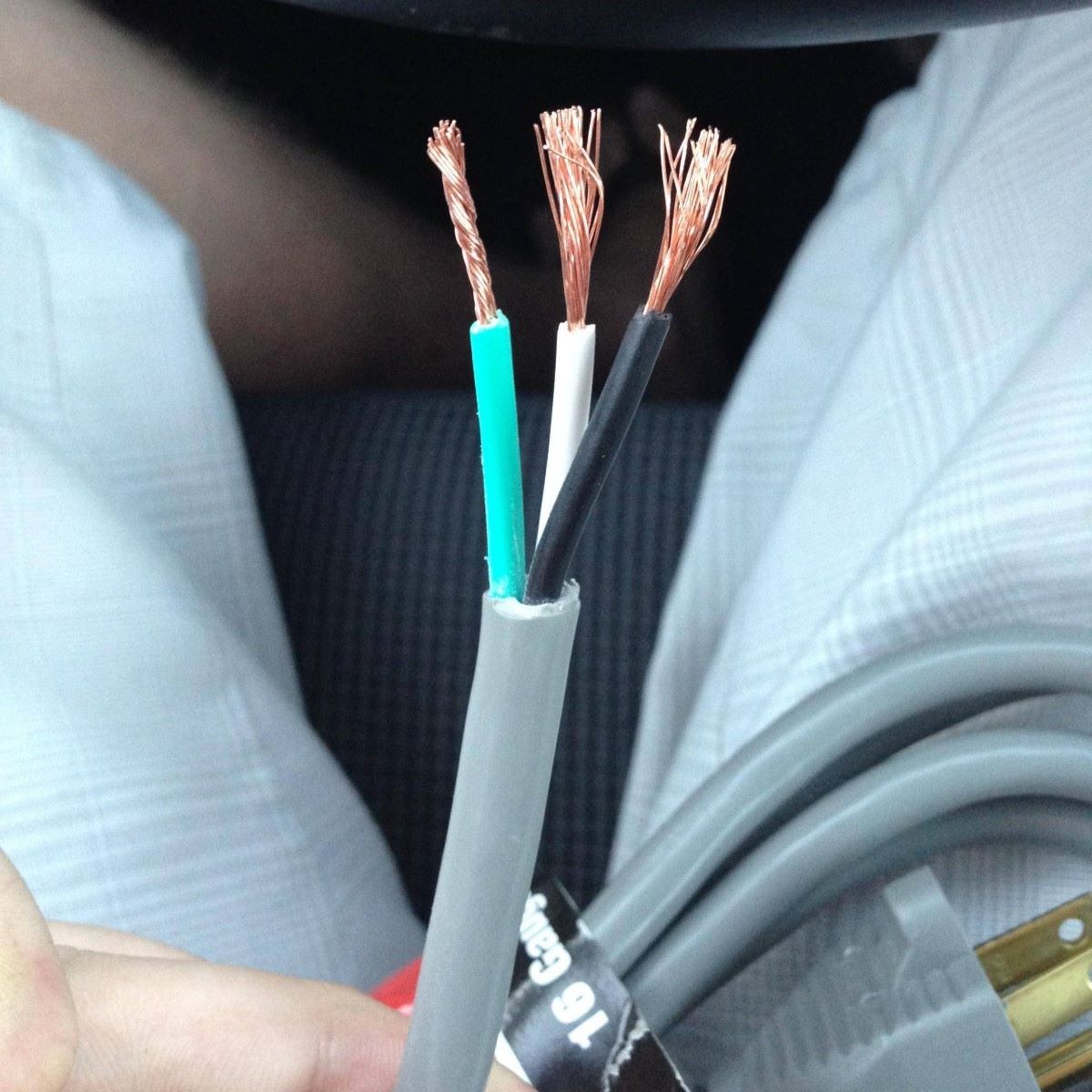

Articles
What Type Of Electrical Cord Has A Ground?
Modified: January 19, 2024
Discover articles discussing the different types of electrical cords that come with a ground for added safety measures.
(Many of the links in this article redirect to a specific reviewed product. Your purchase of these products through affiliate links helps to generate commission for Storables.com, at no extra cost. Learn more)
Introduction
When it comes to electrical cords, safety should always be a top priority. One important feature to consider is whether the cord has a ground connection. A grounded electrical cord provides an additional level of safety by redirecting potentially dangerous electrical currents away from sensitive equipment or appliances. In this article, we will explore the different types of electrical cords that have a ground connection and understand their significance in maintaining electrical safety.
Key Takeaways:
- Grounded electrical cords, such as three-pronged extension cords and appliance power cords, provide a safe path for electrical faults, reducing the risk of electrocution and preventing electrical fires.
- Surge protectors and outdoor extension cords with ground wires protect sensitive equipment, enhance overall electrical safety, and ensure a safer working or living environment.
Read more: What Type Of Electrical Cord Has Copper Wire
Types of Electrical Cords with Ground
There are several types of electrical cords that come equipped with a ground connection. Let’s take a closer look at some of these cords and their specific applications:
-
Three-Pronged Extension Cord
One of the most common types of electrical cords with a ground connection is the three-pronged extension cord. This cord typically features two parallel flat blades for the hot and neutral wires and a round pin for the ground wire. Three-pronged extension cords are used to extend the reach of electrical devices and provide a secure ground connection.
-
Appliance Power Cord
Appliance power cords are specifically designed to power household appliances such as refrigerators, washing machines, and air conditioners. These cords have a grounding wire that ensures a safe connection between the appliance and the electrical outlet. They are typically durable and made to withstand the demands of high-powered appliances.
-
Surge Protector
Surge protectors are essential in safeguarding valuable electronic devices from power surges. These devices not only provide multiple outlets for connecting various electronic devices but also feature a built-in grounding mechanism. The grounding wire in surge protectors diverts excess voltage into the ground, protecting your electronics from damage.
-
Read more: What Type Of Electrical Cord To Bury
Outdoor Extension Cord
Outdoor extension cords are designed to withstand the harsh conditions of outdoor environments. They are commonly used for powering tools, lights, and other outdoor equipment. These cords come equipped with a ground wire to ensure the safety of both the user and the connected devices.
-
Electric Vehicle Charging Cable
As the popularity of electric vehicles (EVs) continues to rise, so does the need for reliable charging solutions. Electric vehicle charging cables, also known as EVSE cables, are specifically designed to handle the high power requirements of EV charging. These cables have a ground wire to ensure the safe transfer of electricity to the vehicle’s battery.
These are just a few examples of electrical cords that incorporate a ground connection. Each type serves a unique purpose and plays a crucial role in maintaining electrical safety.
Three-Pronged Extension Cord
One of the most common types of electrical cords with a ground connection is the three-pronged extension cord. This type of cord is easily recognizable by its three-pronged plug, which consists of two parallel flat blades and a round pin. The third prong, also known as the grounding pin, is crucial for safety.
The grounding pin is connected to the grounding wire inside the cord, which is connected to the ground in the electrical system. When the cord is plugged into an outlet, the grounding pin establishes a connection between the electrical device and the ground. This connection ensures that any potentially dangerous electrical currents are safely redirected away from the device.
Three-pronged extension cords are widely used in homes, offices, and workshops for a variety of purposes. They provide a convenient way to extend the reach of electrical devices, such as lamps, computers, and power tools. The inclusion of a ground connection adds an extra layer of safety, reducing the risk of electrical shock or fire hazards.
It is important to note that not all electrical devices are designed to work with a grounded cord. Some older appliances may still have two-pronged plugs, lacking the grounding pin. In such cases, it is advisable to use a ground fault circuit interrupter (GFCI) outlet or a GFCI adapter to ensure electrical safety.
When using a three-pronged extension cord, it is essential to choose an appropriate cord length and gauge to match the power requirements of the connected devices. Using an undersized cord or overloading it with too many devices can lead to overheating and potential hazards.
Inspecting the cord for any damage or frayed wires is also crucial. Damaged cords should be replaced immediately to prevent electrical accidents. Additionally, it is recommended to use surge protectors with built-in ground connections to further protect connected devices from power surges.
In summary, the three-pronged extension cord is a versatile and widely used electrical cord with a ground connection. Its design ensures the safe transfer of electricity and provides protection against electrical hazards. By using this type of cord properly and inspecting it regularly, you can ensure a safer and more reliable electrical setup for your various devices and appliances.
Appliance Power Cord
Appliance power cords play a crucial role in powering household appliances such as refrigerators, washing machines, air conditioners, and other high-powered devices. These power cords are specifically designed to provide a secure and reliable connection between the appliance and the electrical outlet while ensuring safety through the inclusion of a ground wire.
Appliance power cords typically consist of three wires: a hot wire, a neutral wire, and a grounding wire. The hot wire carries the current from the electrical source to the appliance, while the neutral wire returns the current back to the source. The grounding wire, often distinguishable by its green or bare copper color, is responsible for redirecting any potentially dangerous electrical currents away from the appliance and into the ground.
The grounding wire in an appliance power cord serves as a protective measure in case of a fault or malfunction within the appliance’s electrical system. If a faulty wire or a short circuit were to occur, the grounding wire provides a path of least resistance for the excess electrical current, preventing it from flowing through the user or causing damage to the appliance.
It is important to note that the grounding wire in an appliance power cord must be properly connected to a grounded outlet for it to function effectively. A grounded outlet has a third hole, known as the grounding hole, which is connected to the earth through the electrical system’s grounding wire. When the power cord is plugged into a grounded outlet, the grounding wire establishes a direct connection with the earth, ensuring the safe discharge of any excess electrical current.
When connecting an appliance power cord, it is crucial to follow the manufacturer’s instructions and guidelines. Ensuring that the power cord is securely inserted into the appliance and that the connections are tight will help maintain a safe and reliable power supply. Any signs of wear or damage to the power cord, such as frayed wires or exposed insulation, should be addressed immediately, and if necessary, the power cord should be replaced to avoid any safety hazards.
In summary, appliance power cords are specifically designed to provide a secure and grounded connection between household appliances and electrical outlets. Their inclusion of a grounding wire adds an extra level of safety by redirecting potentially dangerous electrical currents. By following proper installation procedures and regularly inspecting the power cord for damage, you can ensure the safe and efficient operation of your household appliances.
Surge Protector
A surge protector is a device that protects electronic devices from sudden voltage spikes or surges. These surges can occur due to lightning strikes, power grid fluctuations, or electrical equipment malfunctions. Surge protectors not only provide multiple outlets for connecting various electronic devices but also feature a built-in grounding mechanism for added safety.
One of the key components of a surge protector is its ability to divert excess voltage away from connected devices. When a voltage surge occurs, the surge protector detects the irregularity and redirects the excess voltage into the grounding wire, preventing it from reaching the connected devices. This grounding mechanism helps safeguard sensitive electronics from potential damage.
Most surge protectors come equipped with a three-pronged plug and include a grounding wire. The grounding wire connects to the grounding system through the third prong and ensures that any electrical surges are safely discharged into the ground. By grounding the excess voltage, surge protectors protect connected devices from power-related issues, such as electrical shorts, overheating, or component damage.
When using a surge protector, it is important to understand its capabilities and limitations. Surge protectors have a limited capacity for absorbing and redirecting voltage spikes. It is advisable to choose a surge protector with a higher joules rating for better protection against larger and more frequent surges. Additionally, surge protectors should be periodically replaced as their effectiveness diminishes over time.
To ensure effective grounding, it is crucial to plug the surge protector into a properly grounded electrical outlet. Grounding outlets have the third prong, known as the grounding pin, which connects to the electrical system’s grounding wire. This connection allows the surge protector’s grounding wire to establish a direct path to the ground, safely redirecting any excess voltage.
It is worth noting that surge protectors are not foolproof and cannot protect against all electrical issues. While they are effective in mitigating voltage spikes, they may not be able to protect against certain power-related problems, such as severe lightning strikes. In such cases, it is prudent to unplug sensitive electronics during storms or use additional protective measures like whole-house surge protection systems.
In summary, surge protectors are essential devices for protecting electronic devices from voltage spikes and surges. Their inclusion of a grounding mechanism ensures the safe discharge of excess voltage and helps safeguard valuable electronics from potential damage. By selecting the right surge protector, properly grounding it, and understanding its limitations, you can provide an extra layer of protection for your electronic devices.
Outdoor Extension Cord
Outdoor extension cords are designed to withstand the harsh conditions of outdoor environments and provide a convenient way to power outdoor equipment and lights. These cords are specifically constructed with durable materials and include a ground wire for added safety.
The ground wire in an outdoor extension cord serves the same purpose as in other grounded cords – to redirect potentially dangerous electrical currents away from the connected devices and into the ground. This helps protect both the user and the equipment from electrical shocks, fires, or other hazards that may occur due to faulty wiring or power surges.
One of the important considerations when selecting an outdoor extension cord is the cord’s weather resistance. Outdoor cords are designed to withstand exposure to sunlight, water, and other outdoor elements. They typically have a heavy-duty insulation and robust construction to ensure durability and longevity in outdoor conditions.
When using an outdoor extension cord, it is essential to choose the right cord length and gauge to match the power requirements of the connected devices. Using an undersized cord or overloading it with too many devices can lead to overheating and potential hazards. The packaging or specifications of the cord should provide information on its wattage or amp capacity to help determine its suitability for specific outdoor applications.
Inspecting the cord for any damage or wear is also crucial. Outdoor cords can be subjected to rough handling, exposure to sharp objects, or accidental damage. Any signs of frayed wires, cracks, or exposed insulation should be addressed immediately, and if necessary, the cord should be replaced. Regularly checking the ground connection’s integrity and ensuring a secure connection to a grounded outlet is equally important to maintain electrical safety.
It is worth noting that outdoor extension cords should not be used indoors, as they may not meet the safety requirements for indoor use. Indoor cords may not have the same level of weather resistance or insulation, which can pose safety hazards when used in outdoor environments. It is important to use the appropriate cord for each specific application to ensure both safety and optimal performance.
In summary, outdoor extension cords provide a convenient and safe way to power outdoor equipment and lights. Their inclusion of a ground wire adds an extra layer of safety by redirecting potentially dangerous electrical currents. By choosing the right cord, inspecting it for damage, and ensuring proper grounding, you can enjoy the benefits of outdoor electrical power while maintaining a secure and hazard-free environment.
Electric Vehicle Charging Cable
As the popularity of electric vehicles (EVs) continues to rise, so does the need for reliable charging solutions. Electric vehicle charging cables, also known as EVSE cables, are specifically designed to handle the high power requirements of EV charging. These cables have a ground wire to ensure the safe transfer of electricity to the vehicle’s battery.
The ground wire in an electric vehicle charging cable serves a crucial role in maintaining electrical safety during the charging process. When an EV is plugged in for charging, the ground wire connects the charging station or outlet to the vehicle’s chassis, effectively grounding the vehicle. This grounding connection helps in directing any potential electrical faults or surges safely away from the vehicle, reducing the risk of electric shock or damage to the vehicle’s electrical systems.
Furthermore, electric vehicle charging cables are designed to meet stringent safety standards and regulations to ensure reliable and secure charging. These cables undergo rigorous testing to withstand high voltages, currents, and environmental conditions, ensuring that they can safely deliver the required power to the EV.
Importance of Grounded Electrical Cords
Having a grounded electrical cord is essential for various reasons. Firstly, a ground connection provides an alternate path for electrical currents in case of faults or surges, protecting both the electrical device and the user from potential harm. It helps to prevent electrical shocks and reduce the risk of electrical fires caused by faulty wiring or electrical malfunctions.
Grounded electrical cords also help to maintain the electrical stability of the system by improving the efficiency and performance of connected devices. They reduce electromagnetic interference and static electricity, ensuring smooth and reliable operation.
Look for electrical cords with three prongs, including a third prong for grounding. This third prong helps to protect against electrical shock and is commonly found on heavy-duty appliances and power tools.
Safety Benefits of Grounded Electrical Cords
There are several safety benefits associated with using grounded electrical cords. Some of the key advantages include:
- Reduces the risk of electrocution: A grounded cord provides a safe path for electrical faults, diverting excess current away from the user and into the ground, minimizing the risk of electric shock.
- Prevents electrical fires: Grounding helps prevent electrical fires that can occur due to faulty wiring, short circuits, or power surges. By redirecting excess current away from flammable materials, grounding reduces the heat buildup and potential for fire hazards.
- Protects sensitive equipment: Grounding protects sensitive electronic devices from power fluctuations and voltage surges, preventing damage and extending their lifespan.
- Enhances overall electrical safety: Grounded cords provide added protection against accidental electrical contact, ensuring a safer working or living environment.
Conclusion
In conclusion, the presence of a ground connection in electrical cords is crucial for maintaining electrical safety. Whether it’s a three-pronged extension cord, an appliance power cord, a surge protector, an outdoor extension cord, or an electric vehicle charging cable, each type of grounded cord serves a specific purpose in ensuring the safe transfer of electricity and protecting against potential hazards. By understanding the importance of grounded electrical cords and using them appropriately, we can create a safer and more secure electrical environment for our daily activities.
Frequently Asked Questions about What Type Of Electrical Cord Has A Ground?
Was this page helpful?
At Storables.com, we guarantee accurate and reliable information. Our content, validated by Expert Board Contributors, is crafted following stringent Editorial Policies. We're committed to providing you with well-researched, expert-backed insights for all your informational needs.
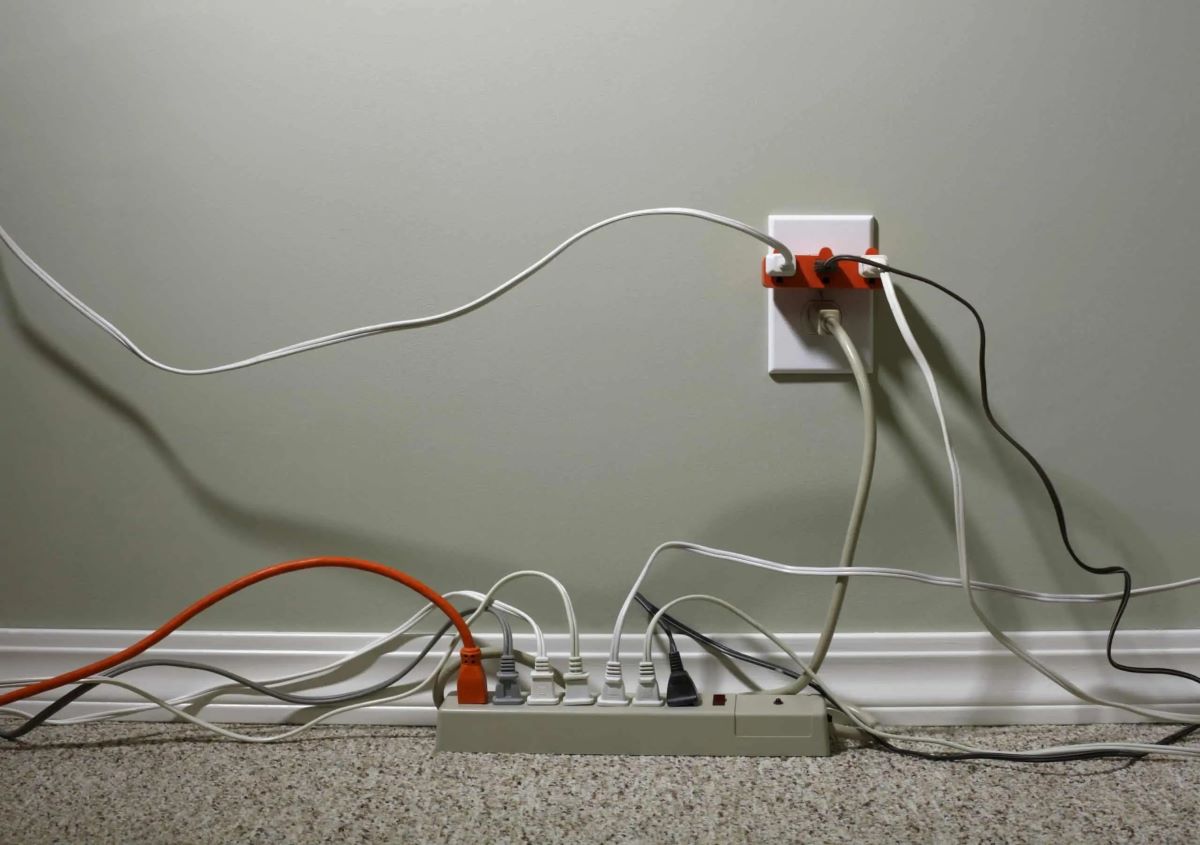
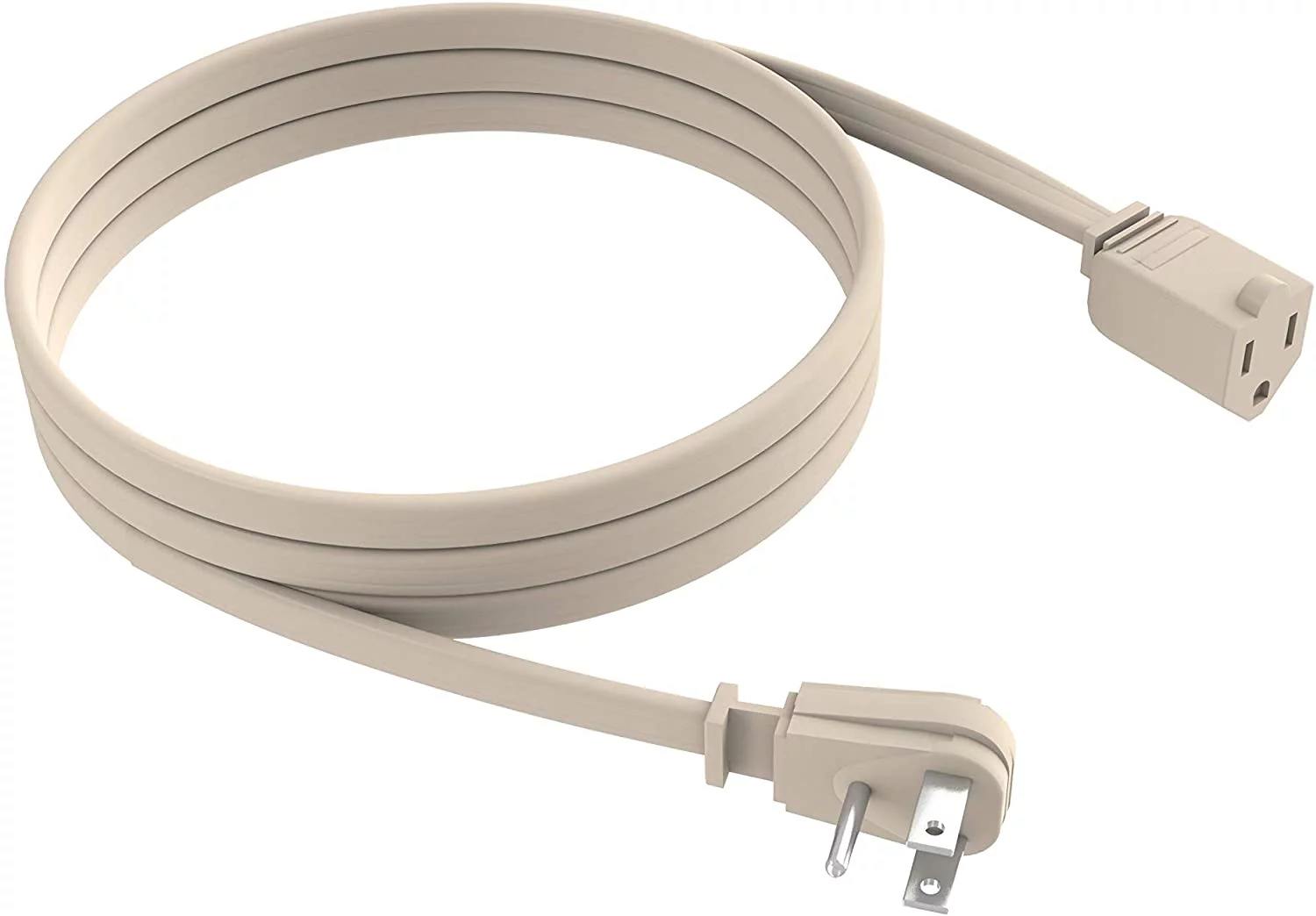
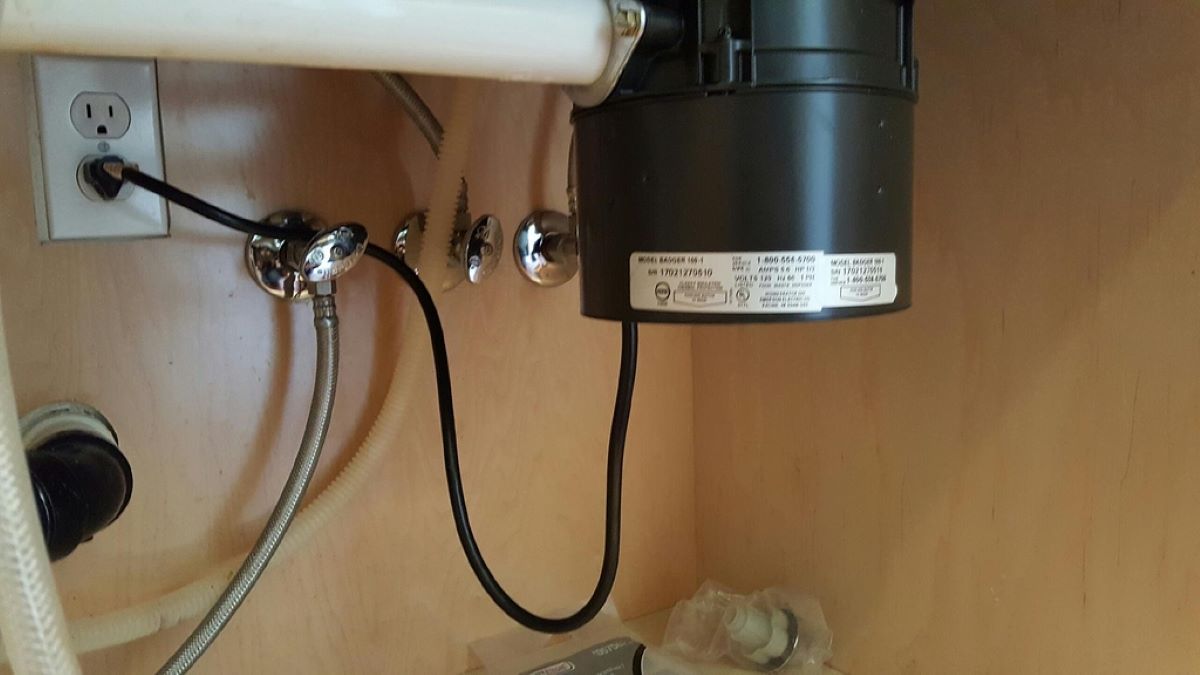
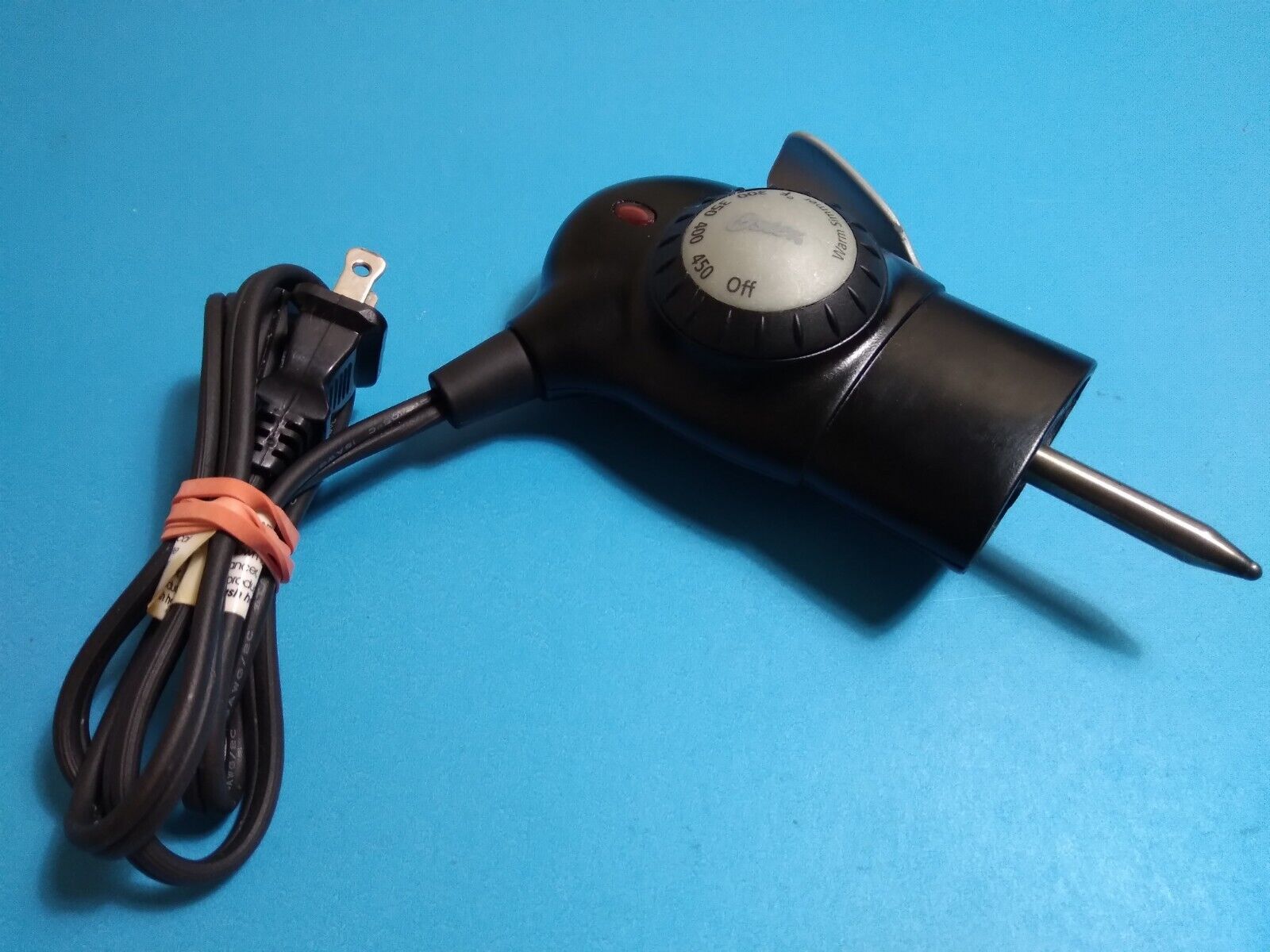

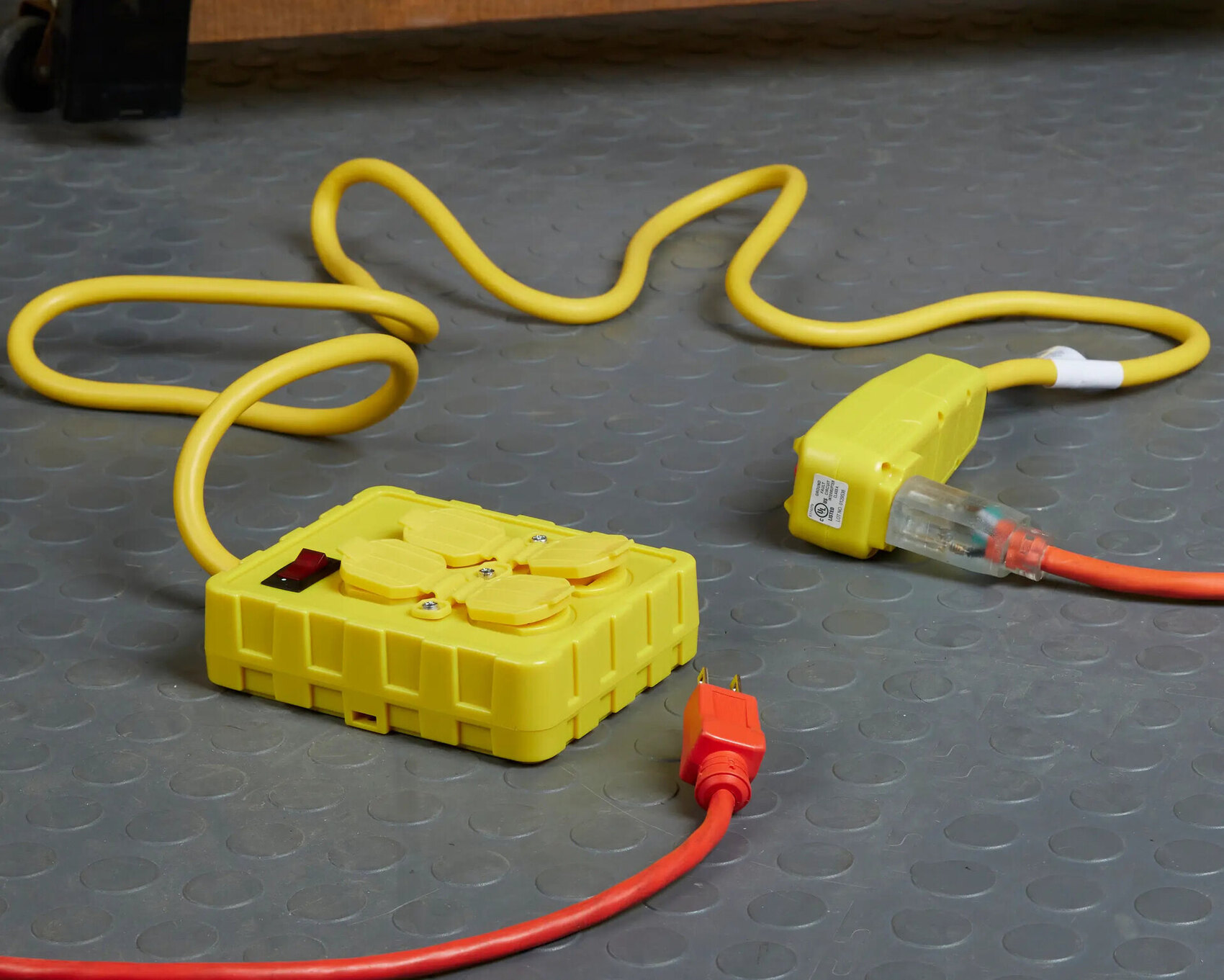
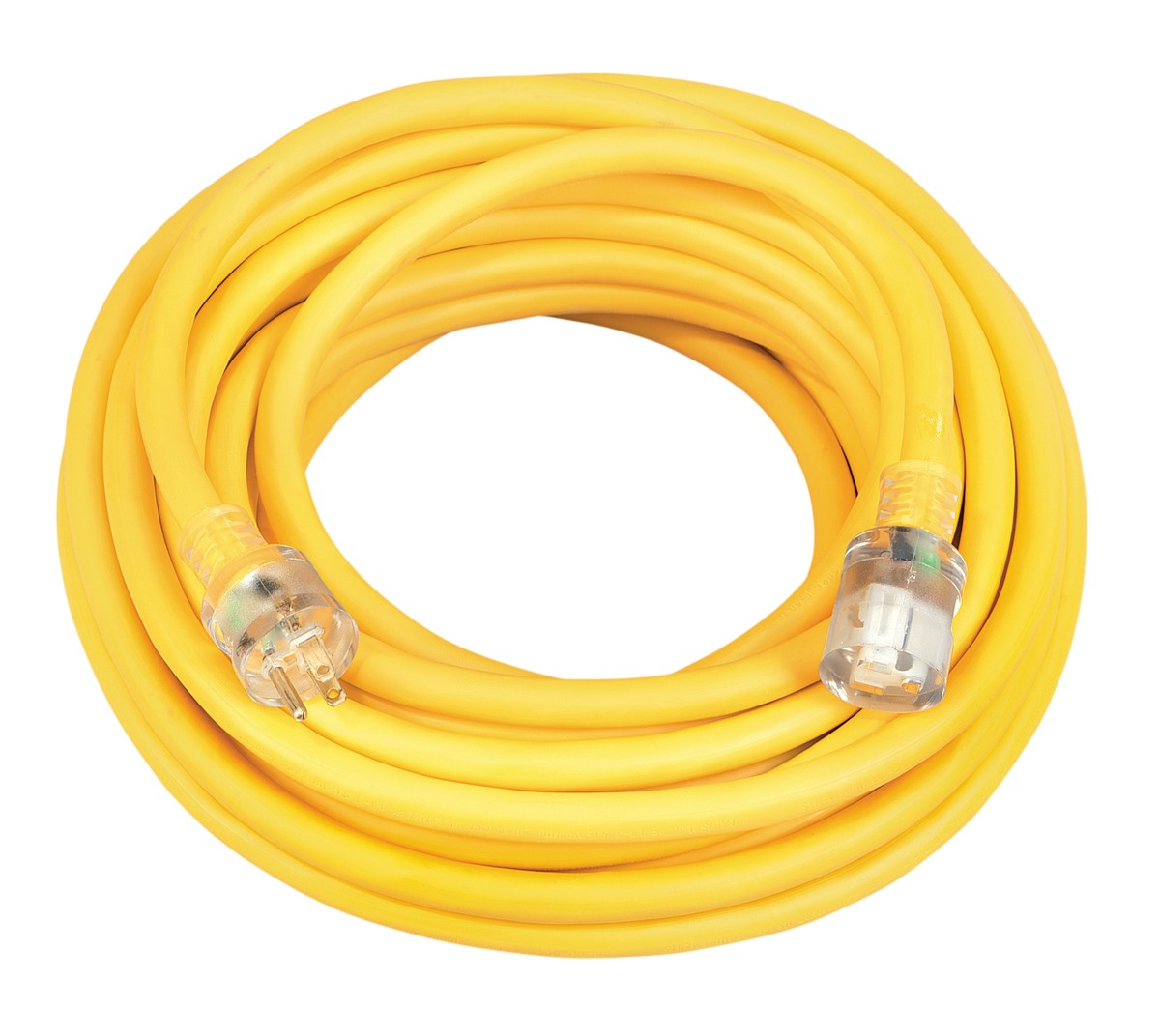
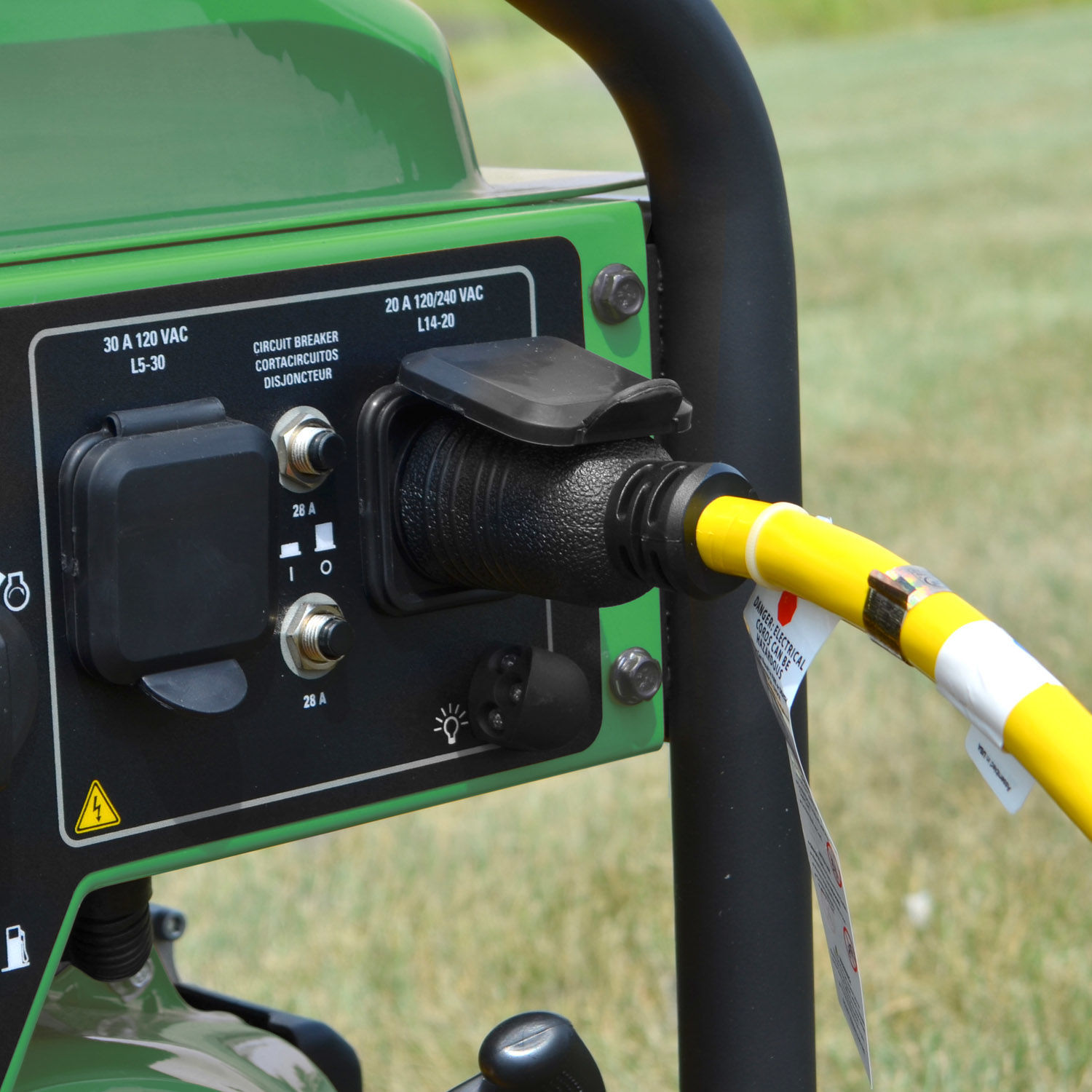
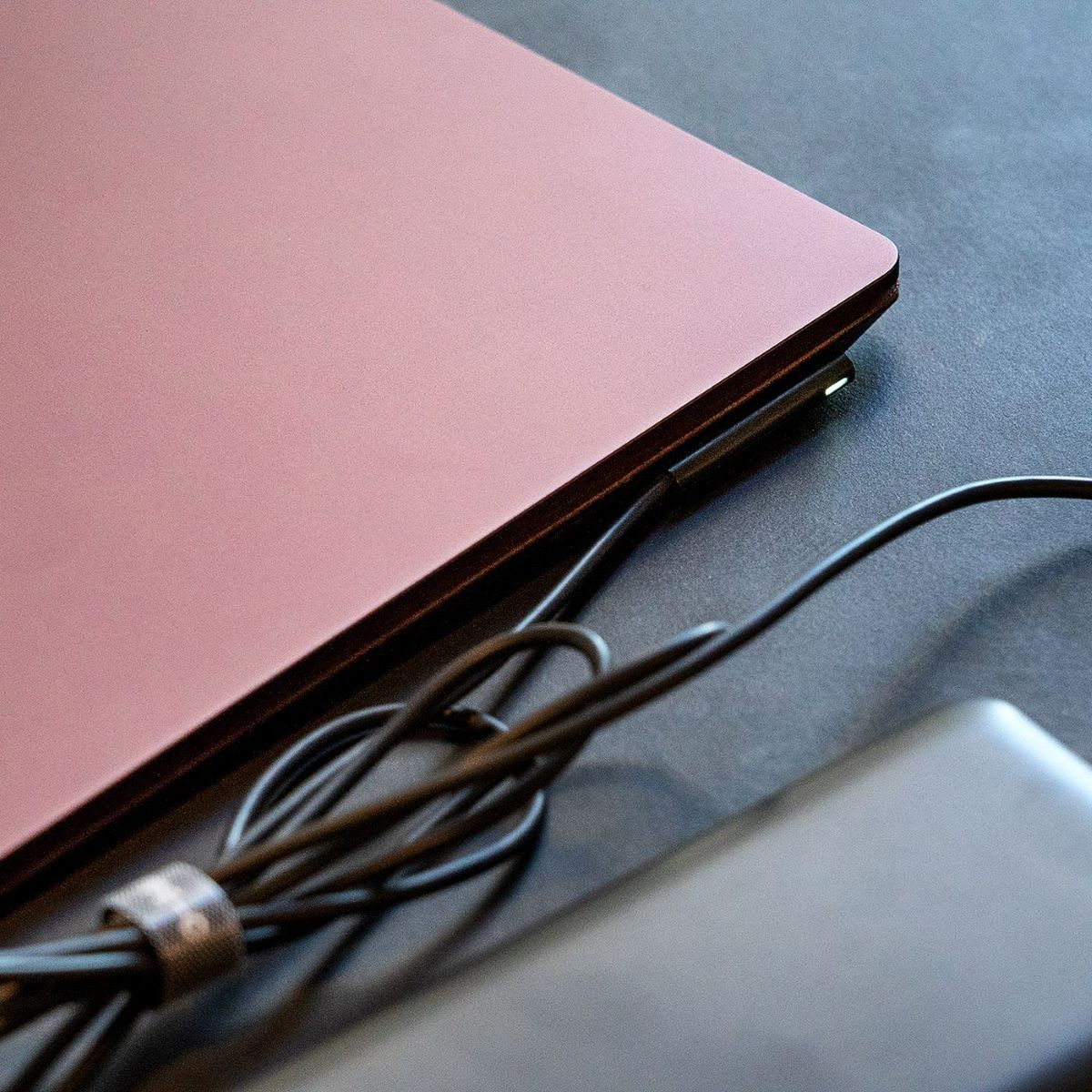
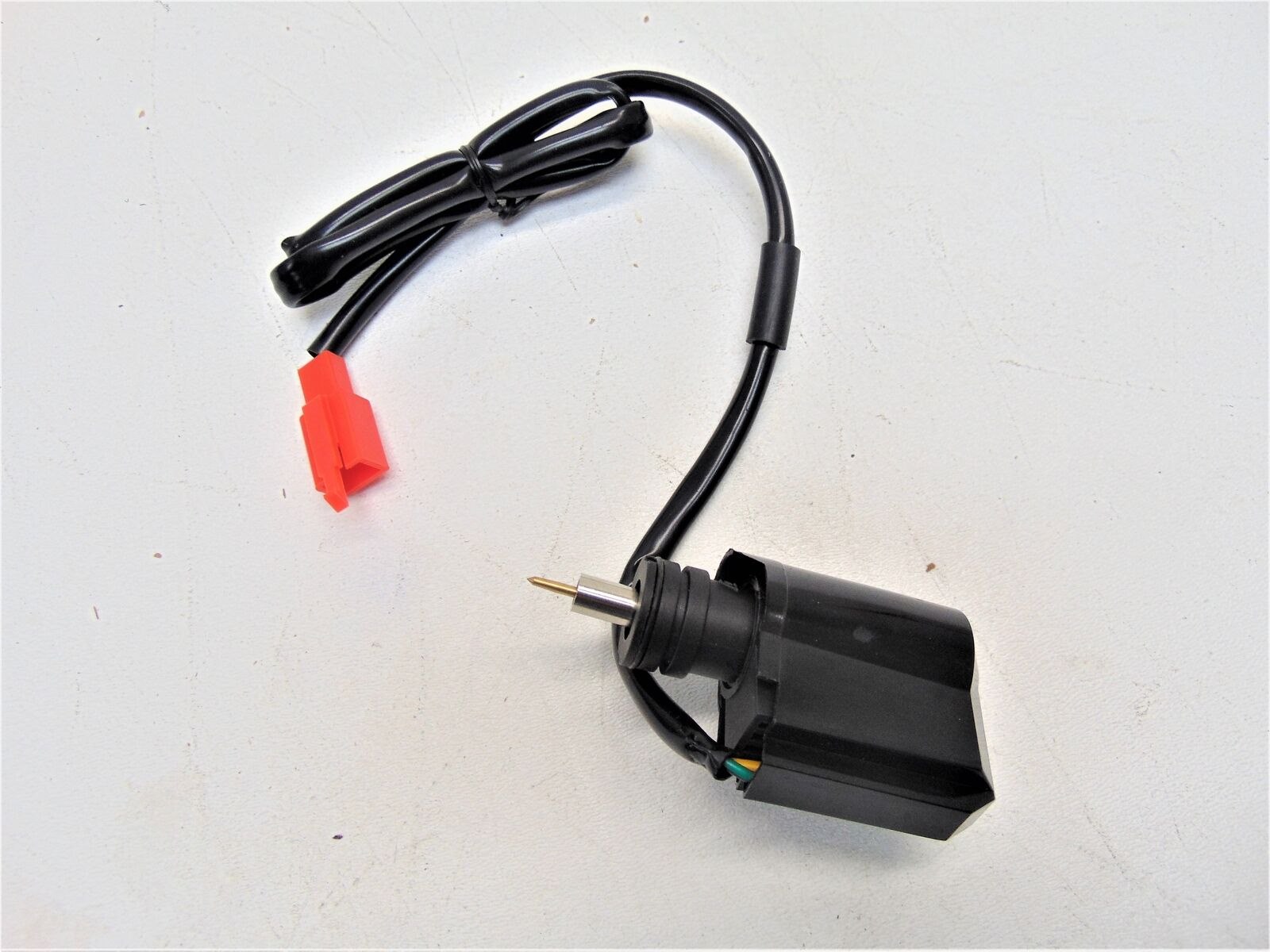
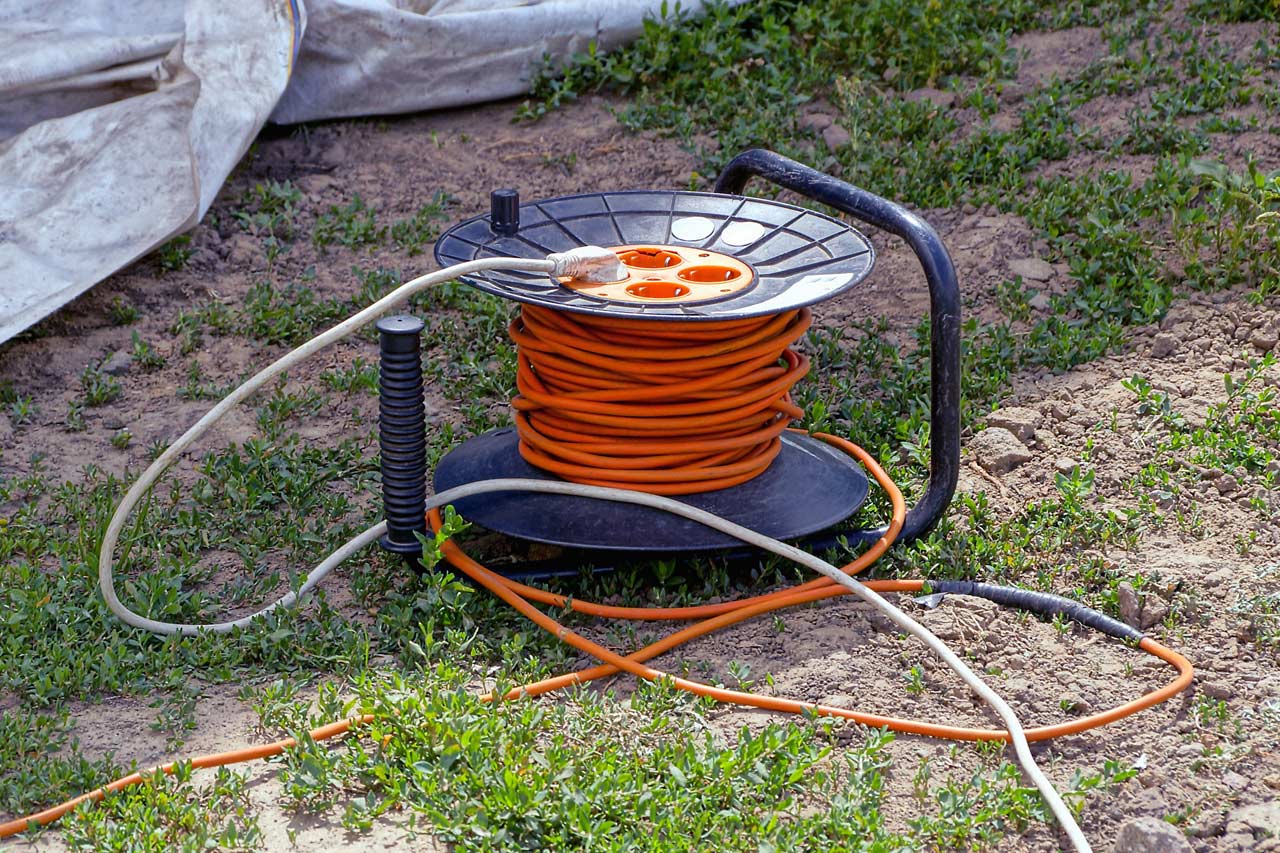
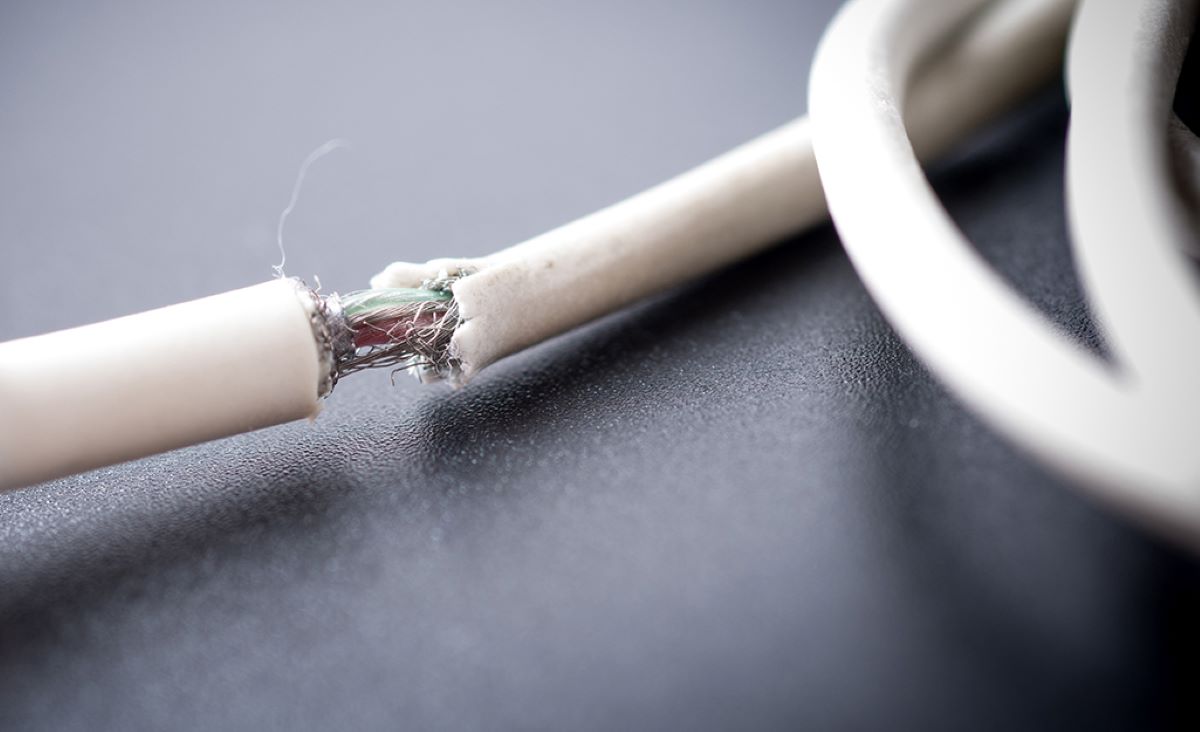

0 thoughts on “What Type Of Electrical Cord Has A Ground?”